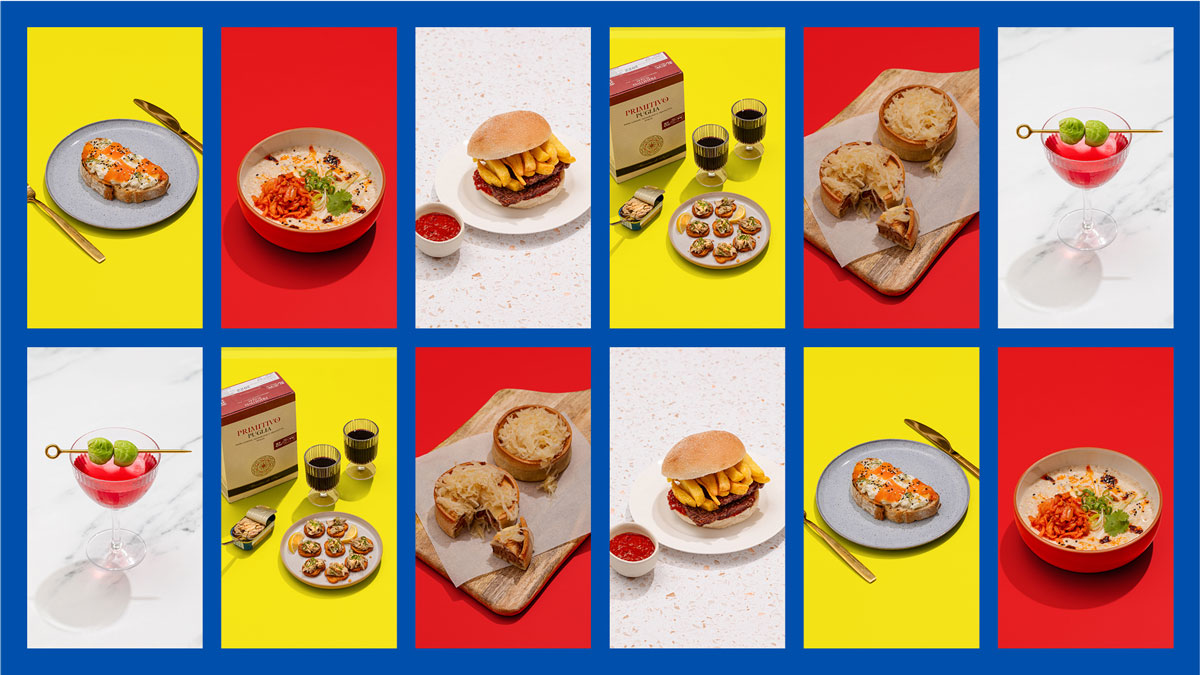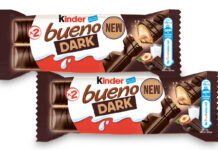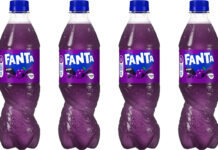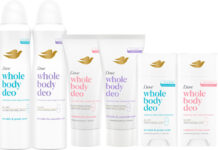Retailers given insights on Scottish food and drink for 2025

THE start of a new year is often a time when many people – including Scotland’s convenience retailers – look to the future.
Identifying forthcoming trends is one way for savvy store owners to stay ahead of the game and ensure they meet consumers’ demands.
Fortunately, help is at hand for the beginning of 2025 from both supermarket chain Lidl and food and drink insights organisation The Knowledge Bank.
The discounter last month launched “The Lidl Guid Food Guide”, which draws on its 30 years of operating in Scotland to offer predictions on the future of food and drink in the country.
It brings together insights from Lidl’s in-house Scottish buying team, consumer research and the knowledge of an expert industry panel.
Lidl says the booklet features a mix of firm favourites, trend-setting tastemakers and future best-sellers, with the guide available for download at www.lidlguidfoodguide.co.uk.
And keeping an open mind, Lidl is encouraging Scottish food and drink producers to pitch product ideas to the buying team by emailing lidl@getlux.co.uk.
Among the items the guide forecasts as winners are those with a strong Scottish provenance, including trout as an alternative to salmon, Scottish biltong for gym-goers, honeyberries and venison.
Stalwarts that it says will remain in vogue include breakfast staples such as Scottish oats, square sausage and morning rolls, as well as Scotch pies and neeps.
Lidl has identified gut health and fitness as drivers for many consumers, so versatile cottage cheese and whole dairy products make the list, along with bone broth and electrolyte salts.
And with Scottish shoppers becoming more clued up on the importance of gut health, the discounter says fermented foods are making massive waves. It says sauerkraut, kefir, kimchi and kombucha have all entered mainstream diets.
Meanwhile, among the fruit and veg predicted to be used in more diverse ways are Brussels sprouts – which are not just for Christmas – and ginger.
Lidl reckons globally inspired ingredients will also appeal to adventurous Scottish palates, with harissa paste, tahini, black garlic and crispy chilli oil set to be big hits.
The guide claims the kitchen cupboard is no longer exclusively for baked beans and packets of pasta – with tinned fish and fancy vinegars now taking up shelf space.
And as cooking methods evolve for consumers, the supermarket also anticipates a growth in the popularity of air fryer products, frozen food and seasoning blends.
Finally, when it comes to drinks, premium pre-mixed cocktails, eco-friendly and economical boxed wine and alcohol-free options are all expected to become even more popular.

Andrew Niven, strategic market intelligence manager at The Knowledge Bank, agrees with the latter trend, saying Dry January has “extended its reach” well beyond the first month of the year.
He cited research that showed low/no beer had increased in value by 25% during the past year, while low/no spirits had seen 15% growth, with 56% of consumers cutting back on alcohol for their wellbeing.
There’s also been a notable rise in demand for smaller bottles of regular-strength spirits, driven by health and budgetary factors.
Niven said the moderation trend was great for RTD product sales – as 80% of consumers believe premixed drinks can help them reduce alcohol intake.
Within RTDs, the low/no segment has experienced a 12% growth in value, outpacing the overall alcohol market.
Niven said: “These figures represent a much wider picture as mindful drinking becomes a more conventional lifestyle. Retailers would be wise to acknowledge the longevity of this trend as well as the opportunities it brings.
“Producers have increased their NPD activity, and promotion of these new low/no products should prove favourable across all categories, as the sober-curious movement looks to kick-start another year-round campaign this January.”






















